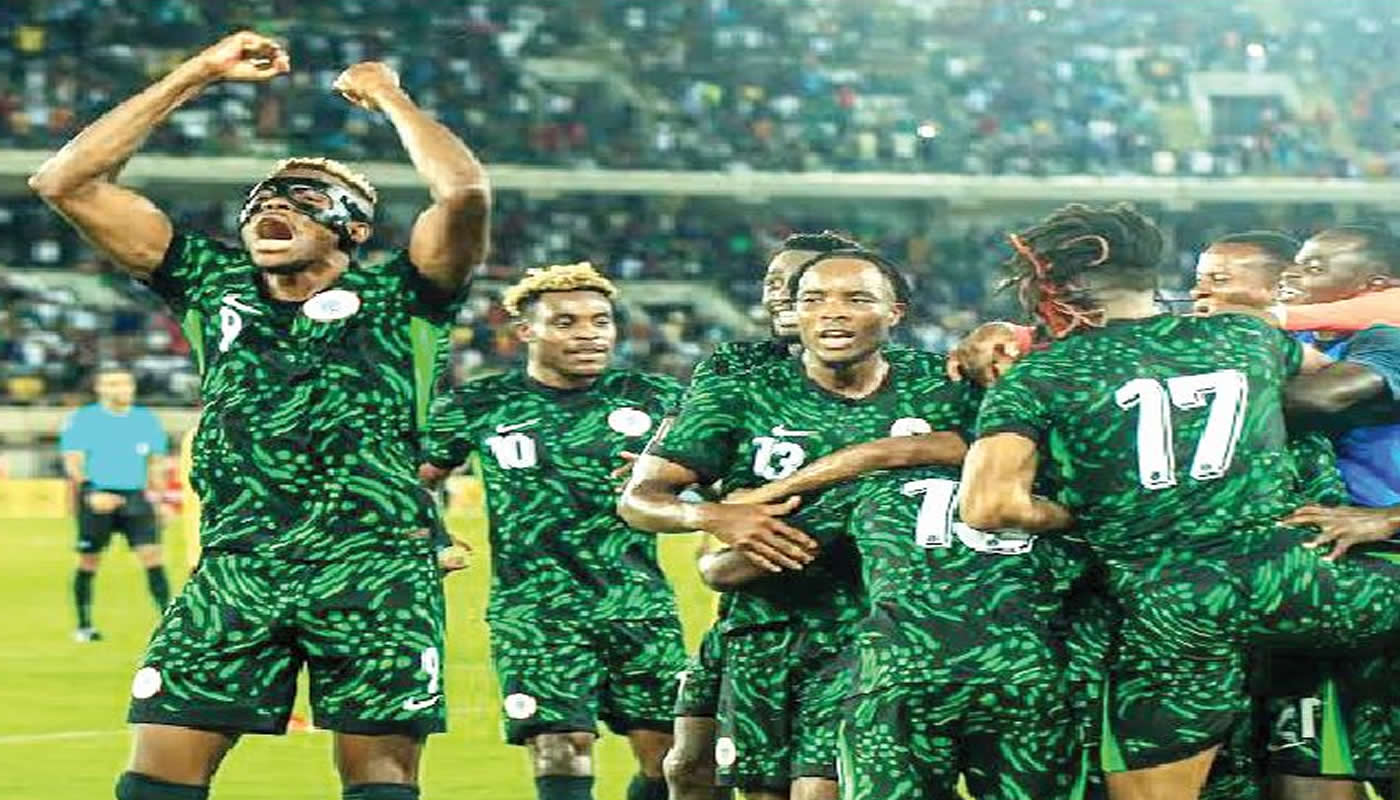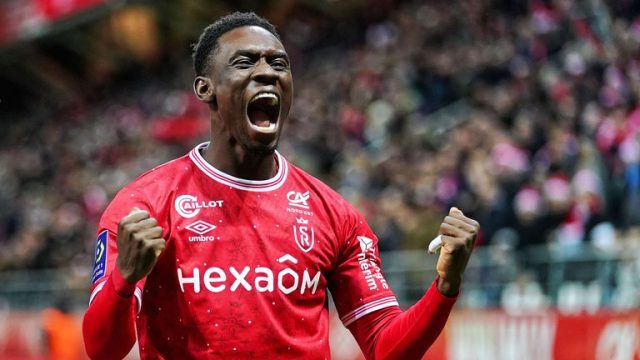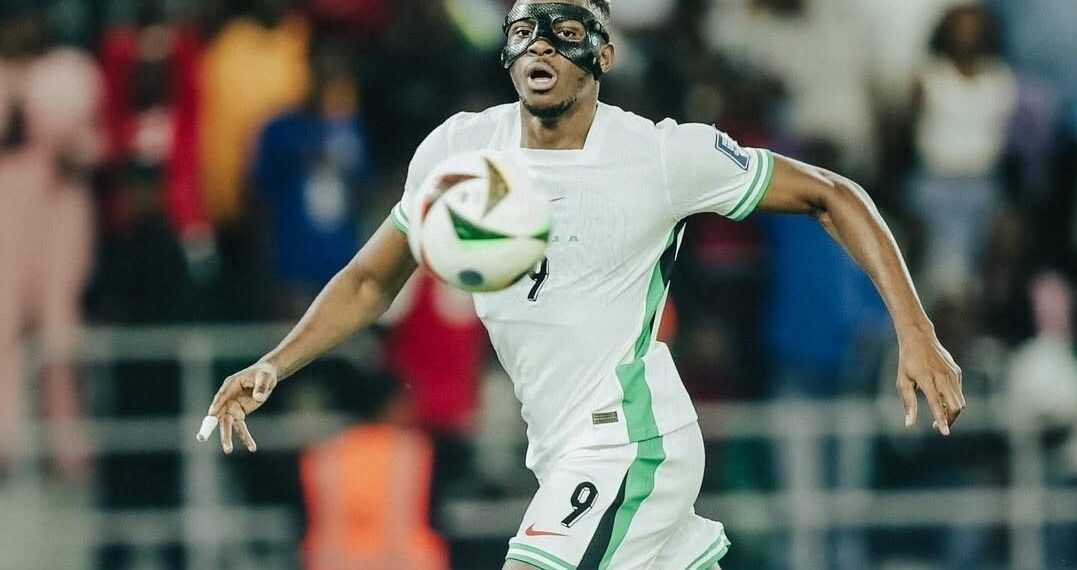In homes, viewing centers, and bustling streets across Nigeria, football fans are holding their breath as the Super Eagles continue their quest for a place at the 2026 FIFA World Cup. The team’s recent 2-1 win over Lesotho on Friday set off cheers nationwide, but the journey to automatic qualification is still fraught with uncertainty—and intense competition. For many Nigerians, this nail-biting campaign feels both familiar and uniquely challenging, as each match now carries the weight of a nation’s hopes and footballing pride.
Group C: Super Eagles Chasing the Top Spot
According to the latest standings, Nigeria currently sits third in Group C with 14 points, trailing South Africa, who are second with 15 points after a draw against Zimbabwe, while Benin Republic leads the charge with 17 points. With only one set of group matches remaining, the margin for error is razor-thin. The final fixtures will ultimately decide which country represents the group at the world’s biggest football stage.
The Stakes: More Than Just Points
Qualifying for the World Cup is not just about football—it’s an event that unites communities, sparks business activities in viewing centers, and serves as a source of pride from Lagos to Kano and beyond. This year, the pressure is even higher. “The World Cup means so much for our youth. It brings people together and provides great moments of joy,” said Abuja-based sports analyst Chuka Eze, reflecting the emotions of many local supporters.
The importance of each point and goal has never been clearer. Currently, Benin Republic enjoys a five-goal advantage in goal difference, while both Nigeria and South Africa sit with a difference of three. This slim margin underscores how crucial the final match against Benin Republic on 14 October has become for Nigeria; the Super Eagles must win by a margin of at least two goals to stand a genuine shot at topping the group table.
Why Goal Difference Matters
In World Cup qualifying, goal difference can be the tie-breaker that makes or breaks a nation’s dream. As it stands, both Nigeria and South Africa have scored and conceded such that their goal difference is evenly matched, leaving little room for complacency. “This isn’t the time for defensive play. We need to go for goals and take the game to Benin Republic,” noted former Nigerian international Ifeanyi Udeze during a local sports broadcast. As history has shown—from Ghana’s dramatic qualifiers to Senegal’s heroic comebacks—every goal can shift the fate of an entire continent in these late stages.
What Needs to Happen: The Path to Qatar
For Nigeria to secure a direct ticket to the World Cup, a decisive victory against Benin Republic is essential. However, the team’s fate isn’t solely in their own hands. The Super Eagles must also watch South Africa’s showdown with Rwanda closely. If South Africa claims victory in their last match, it would leave Nigeria’s automatic qualification chances hanging by a thread—reports by AfricanSoccerHQ and the Confederation of African Football confirm these scenarios.
A more favorable outcome for Nigeria would be a South African loss or draw, which, when combined with Nigeria’s win by at least two goals, could see the Super Eagles leapfrog into first place and secure direct World Cup entry. Otherwise, finishing second would mean hoping to rank among the four best group runners-up to enter the play-offs—a route fraught with unpredictability and risk.
Local Voices: Fans and Experts Weigh In
On the ground in Nigeria, discussions about the final fixtures dominate conversations. Babajide Olufemi, a Lagos-based football fan, expressed both optimism and caution: “We have the talent, no doubt, but it’s about coming together as a team and staying focused. The whole country will be behind them.”
Similarly, Ghanaian sportswriter Kojo Mensah told reporters, “West Africa’s presence in the World Cup shows African football’s strength. If Nigeria qualifies, it will add energy to the region’s rising football culture.”
Historical Context: Nigeria’s World Cup Journey
For decades, Nigeria has been one of Africa’s most consistent representatives at the World Cup, making appearances in six tournaments since 1994 and reaching the knockout stages several times. This legacy raises the stakes both for the players and their supporters. “Failure to qualify would be a huge disappointment for fans who expect the Super Eagles to perform on the biggest stage,” notes football historian Paul Nwankwo.
In contrast, Benin Republic’s unexpected surge in Group C is reminiscent of other underdog stories in African football, such as Madagascar’s 2019 AFCON breakthrough. South Africa’s campaign has also drawn attention, as Bafana Bafana aim to reclaim their place in global football after missing out in recent years.
Impacts Beyond the Pitch
The economic and social effects of World Cup qualification can be significant. Local vendors, bar operators, and viewing center owners stand to benefit from increased business as excitement peaks. In addition, the Super Eagles provide a source of inspiration for young footballers across West Africa, many of whom dream of following stars like Victor Osimhen and Wilfred Ndidi to international success.
Internationally, Nigeria’s presence at the World Cup brings additional visibility to African talent and can shape global narratives about the continent’s football progress. A strong showing would also enhance the reputation of Nigeria’s domestic league and open doors for players seeking opportunities abroad.
Challenges: Pressure, Injuries, and Uncertainty
Of course, the Super Eagles face challenges beyond just their opponents. Key injuries—like those affecting Kelechi Iheanacho and Samuel Chukwueze, according to NFF reports—could impact the squad’s performance. There are also concerns about consistency, given previous draws and fluctuating form in qualifiers. “Managing expectations and staying focused on the pitch must be the team’s top priorities,” explained Coach Gernot Rohr in a recent interview.
Meanwhile, other West African nations such as Ghana and Ivory Coast will be watching closely, aware of how results could influence standings and regional bragging rights. The evolving balance of power within African football means the final whistle in Group C will echo far beyond Nigeria’s borders.
Looking Ahead: Next Steps and What’s at Stake
With the decisive matches set for October, anticipation continues to build. Will Nigeria’s Super Eagles rise to the occasion, secure a decisive victory, and seal a place at the 2026 FIFA World Cup? Or will the final twists in Group C see another nation claim the coveted spot? For now, what’s certain is the passion, unity, and competitive spirit of Nigerian football fans as they rally behind their team.
Every goal will matter, and every moment counts. The journey reflects not only the aspirations of a team but also the dreams of millions across Nigeria, West Africa, and the wider African continent. As history has often shown, nothing is impossible in African football—provided the belief remains strong until the final whistle.
Do you think the Super Eagles will secure World Cup qualification in October? What are your predictions for the final group matches? Drop your thoughts in the comments below and be sure to follow us for all the latest updates on Nigeria’s road to the World Cup.
For general support, you can also email support@nowahalazone.com.
Connect with our sports-loving community! Follow us on Facebook, X (Twitter), and Instagram for more updates, commentaries, and real-time reactions. Your voice matters!










